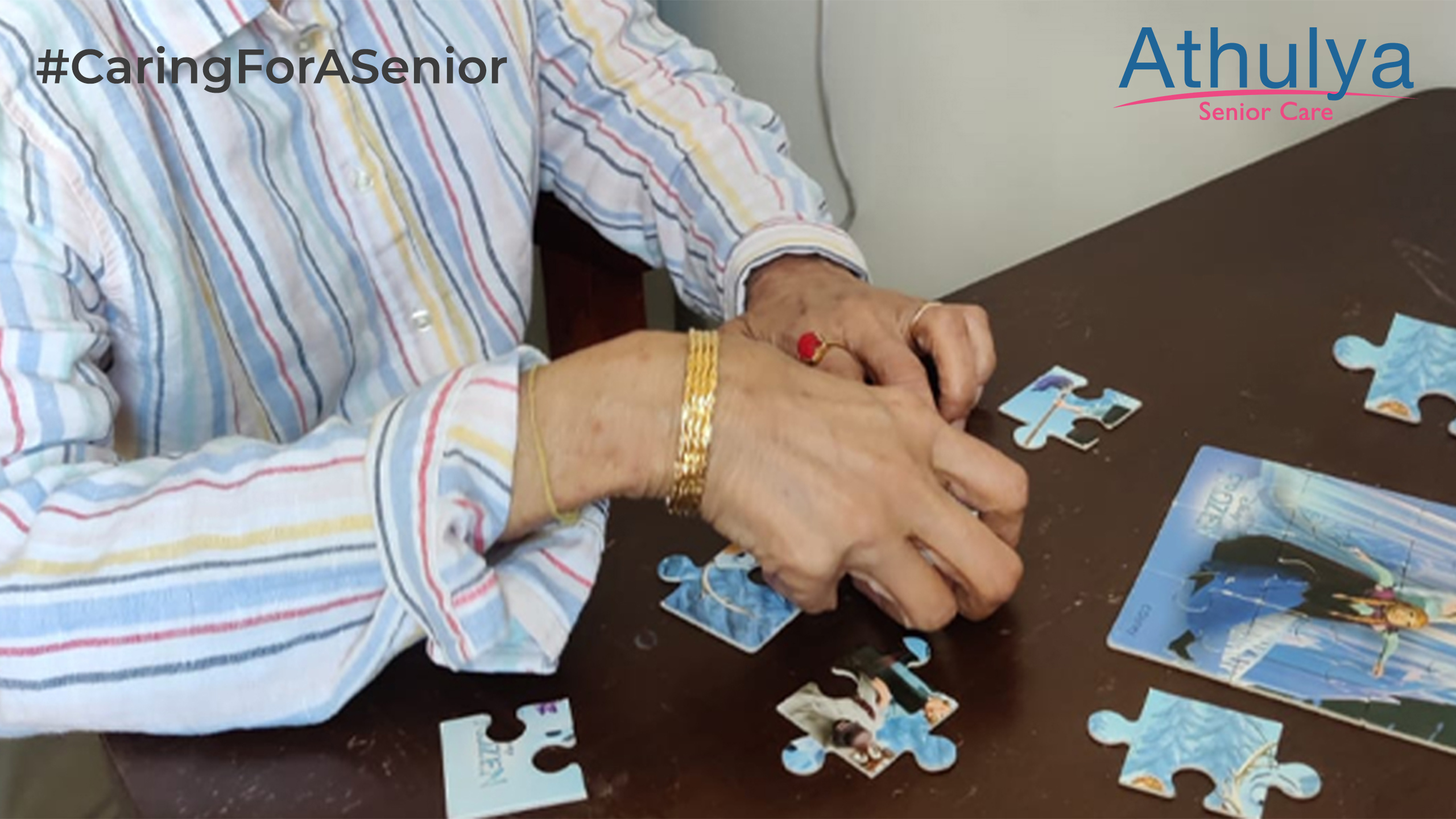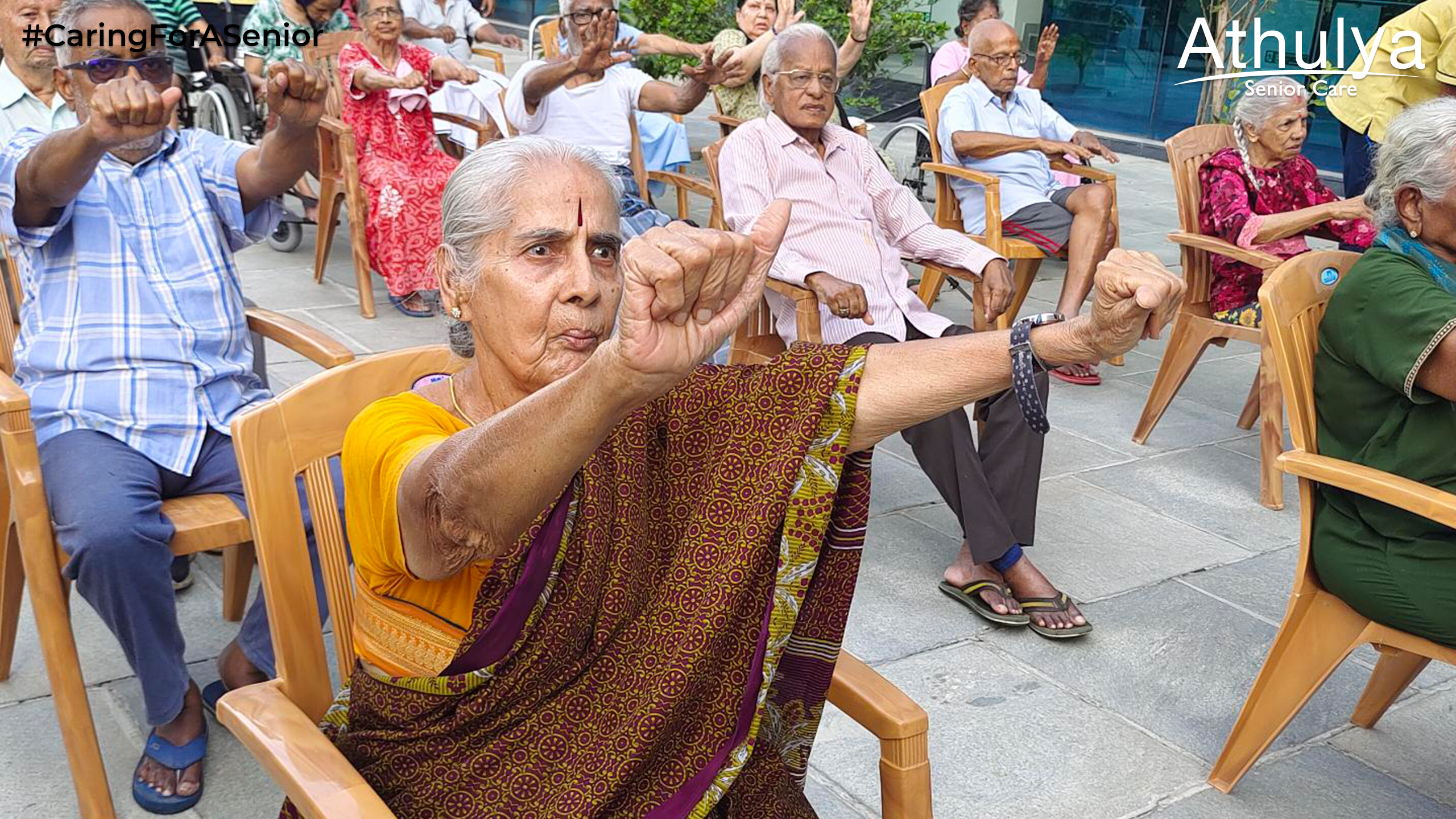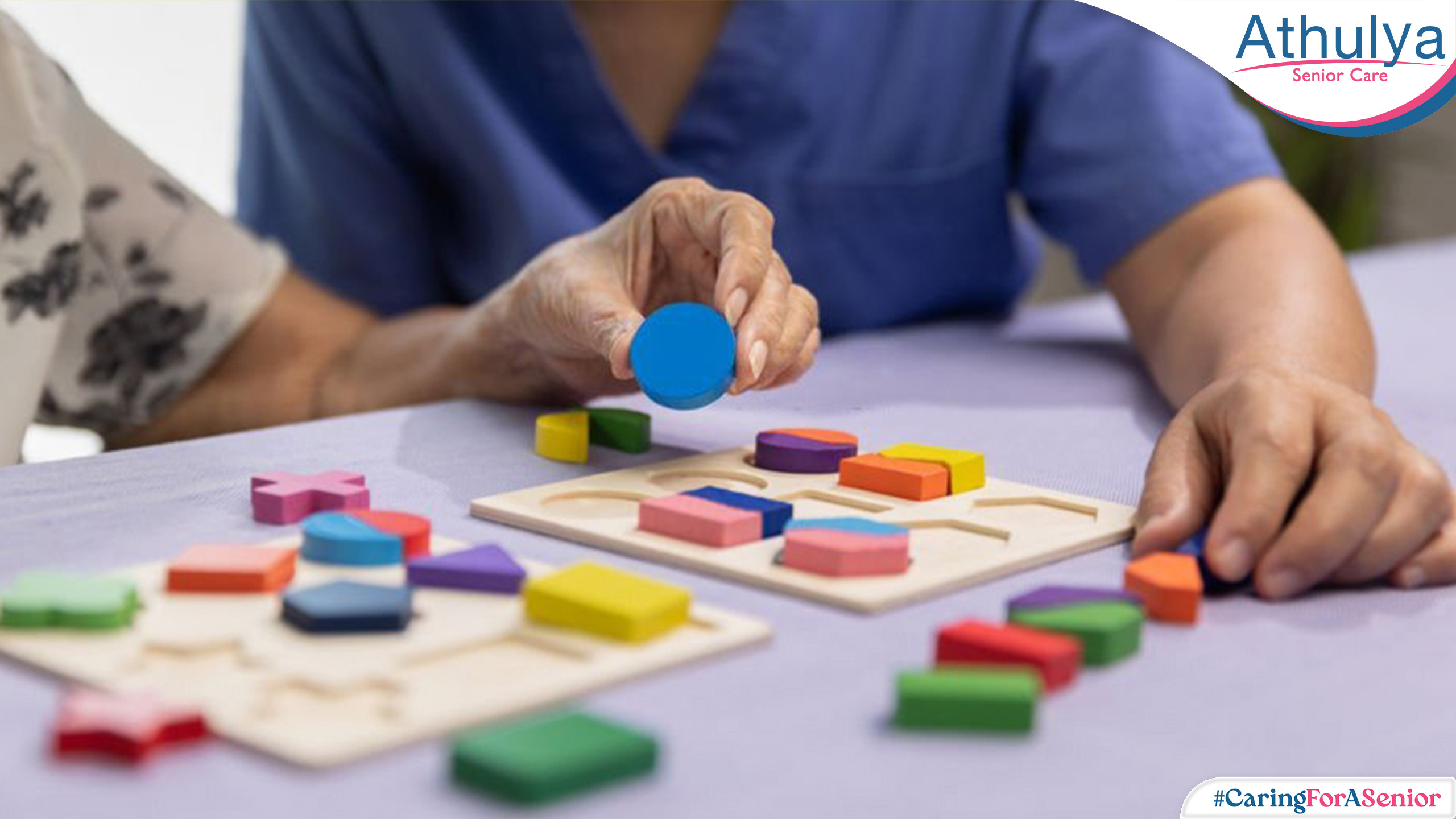Dementia care is more than just providing medical support; it’s about enriching lives, preserving memories, and creating moments of joy. For individuals living with dementia, everyday experiences can become overwhelming, making it essential to provide gentle, structured activities that engage their senses. Sensory stimulation is a simple yet powerful approach that can significantly enhance cognitive function and emotional well-being.
Imagine the soothing scent of lavender calming the mind, the soft melody of an old song sparking a cherished memory, or the comforting touch of a warm hand bringing reassurance. These small but meaningful sensory experiences can make a difference for someone with dementia. Engaging the senses—sight, sound, smell, taste, and touch—helps stimulate the brain, reduce anxiety, and improve communication, making daily life more enjoyable and fulfilling.
How Sensory Stimulation Helps Dementia Patients
Boosts Memory and Recognition – Familiar scents, sounds, and textures can trigger long-lost memories, helping individuals connect with their past. Music therapy, for example, has been shown to evoke strong emotional responses and improve mood.
Enhances Mood and Reduces Agitation – Dementia can often lead to restlessness and frustration. Sensory activities such as aromatherapy, soft lighting, and textured fabrics provide a calming effect, reducing stress and promoting relaxation.
Seniors with dementia struggle with verbal interaction and experience sensory overload that enhances communication and engagement by holding a familiar object, listening to soothing nature sounds, or participating in art therapy, they can express their emotions more effectively.
Encourages Social Interaction – Group activities involving sensory elements foster social bonds and reduce feelings of loneliness. A shared experience can spark conversations and create a sense of belonging.
Sensory Stimulation Activities for Seniors with Dementia
- Sensory Bin: A collection of textured objects such as soft fabrics, beads, and scented elements, which helps stimulate touch and smell.
- Finger Painting: Engaging in colorful and free-flowing art can boost creativity and provide a soothing sensory experience.
- Treasure Hunt: Searching for familiar objects in a guided activity helps with memory recall and problem-solving.
- Sand Art: Playing with sand and creating patterns enhances touch sensitivity and creativity.
- Music & Dance Therapy: Listening to familiar tunes, singing along, or gentle dancing can improve mood and cognitive function.
- Sensory Blanket: Textured blankets with different fabrics and materials provide comfort and security.
At Athulya Mind & Memory Care, we understand the profound impact of sensory stimulation in dementia recovery. Our specialized dementia programs are designed to provide a holistic and enriching environment for seniors, ensuring they receive the best possible care. Through tailored activities, compassionate support, and a focus on enhancing quality of life, we help individuals rediscover joy in everyday moments.
Are you looking for expert dementia care? Call us at 98849 45900 or visit our Athulya Senior Care website today to learn more about our personalized programs.











